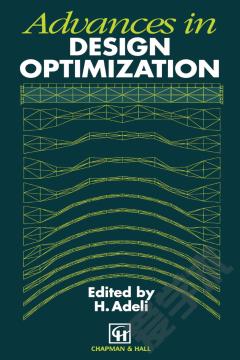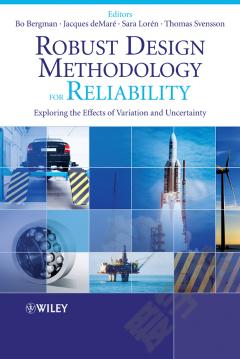Improving Reliability of Object Oriented Design
The primary objective of software reliability is the probability that the program works without failure for a period of time, and it is usually expressed as the mean time to failure. Software is either correct or incorrect when it is designed and developed, and it does not physically deteriorate with time. Models are simplifications of the reality, and a good model allows accurate predictions of future behavior to be made. A model is judged effective if there is good empirical evidence to support it, and a good software reliability model will have good theoretical foundations and realistic assumptions. This book covers the important topics in software engineering such as software reliability, software reliability models, software defects and critical systems.
{{comment.content}}








 京公网安备 11010802027623号
京公网安备 11010802027623号